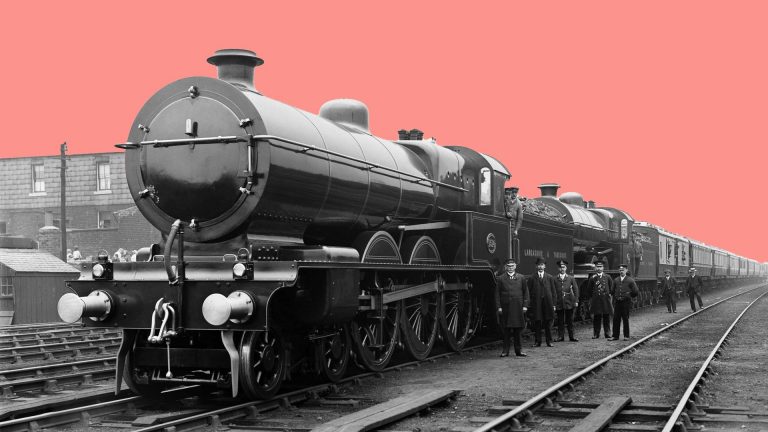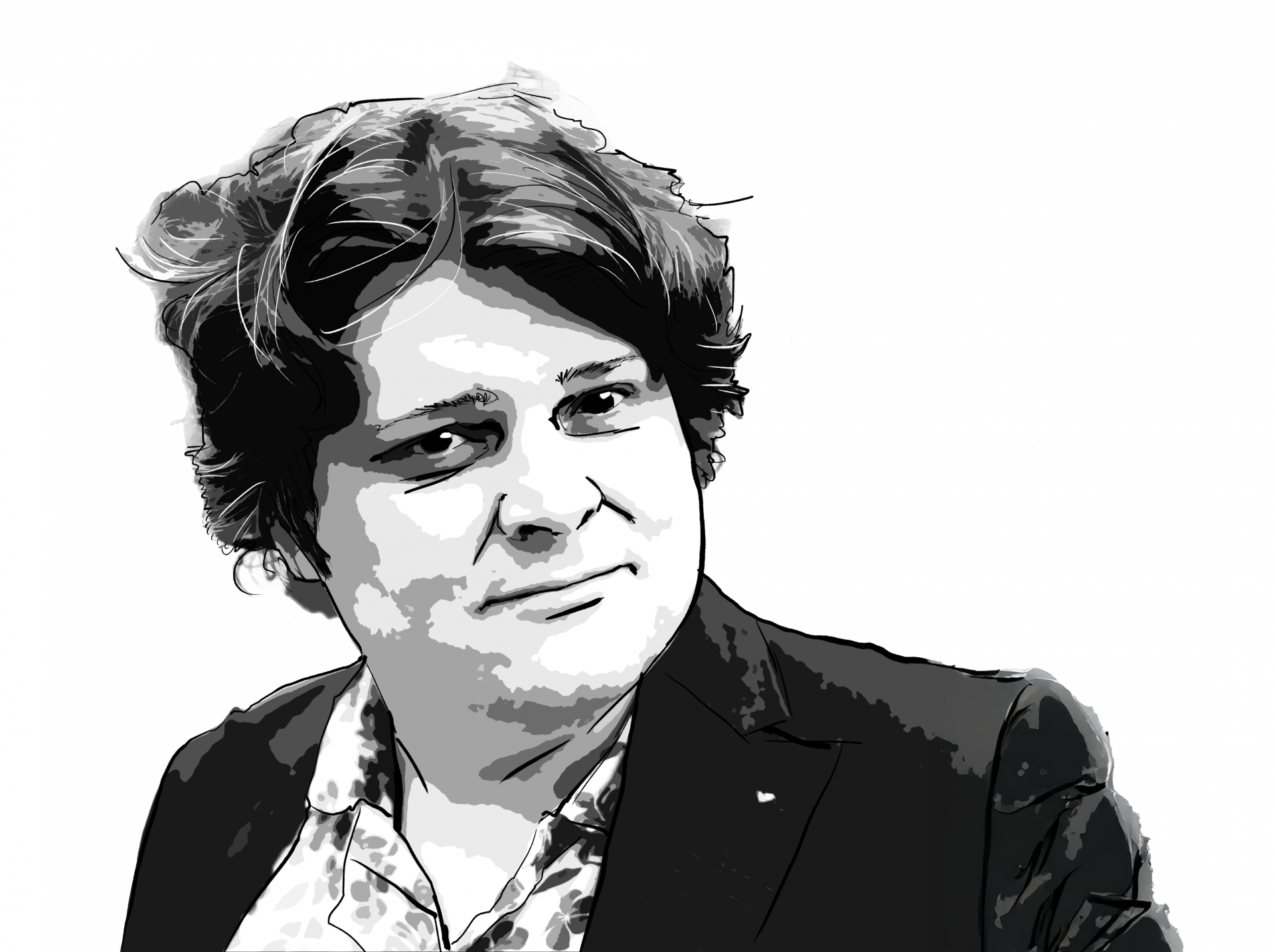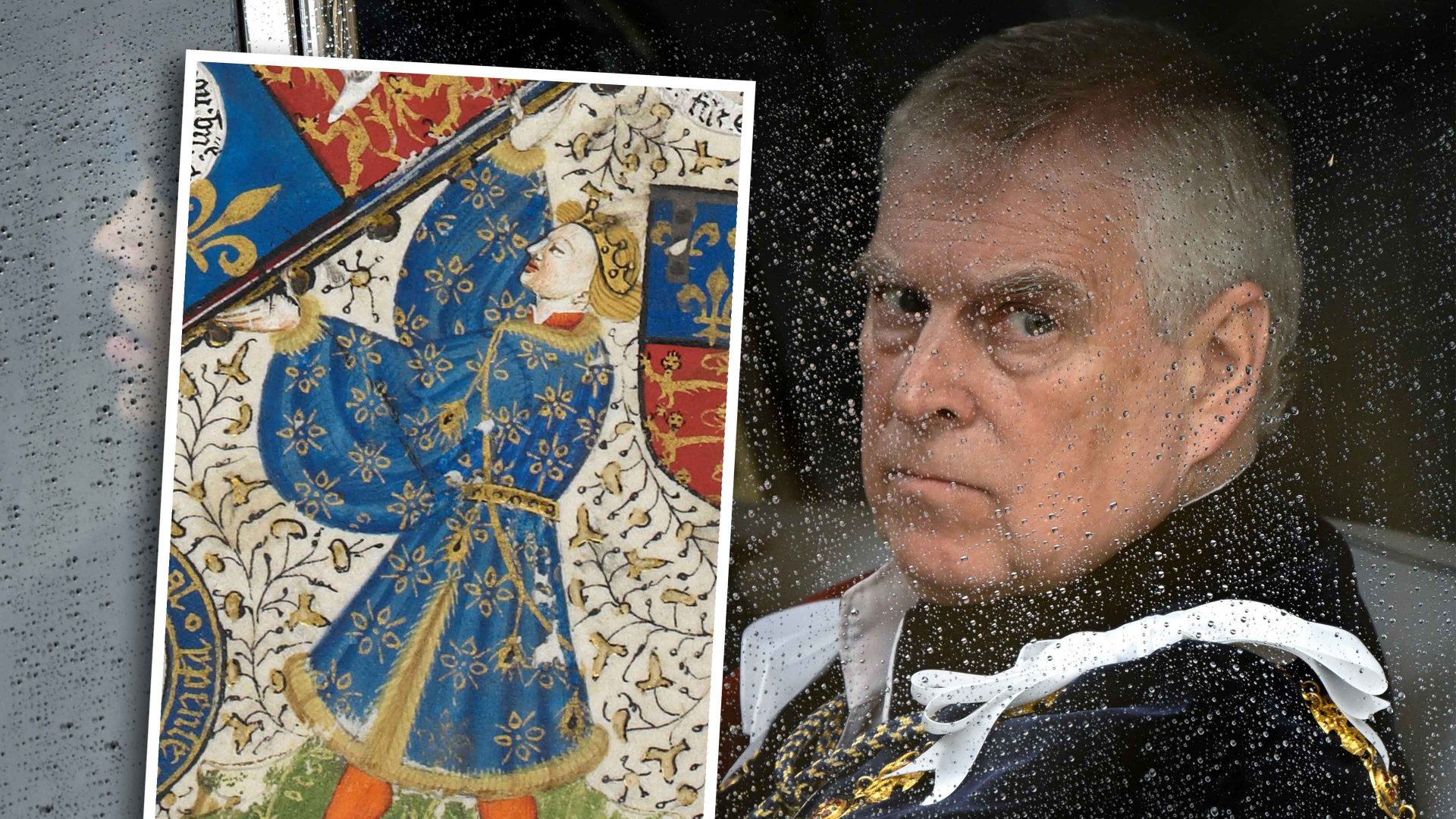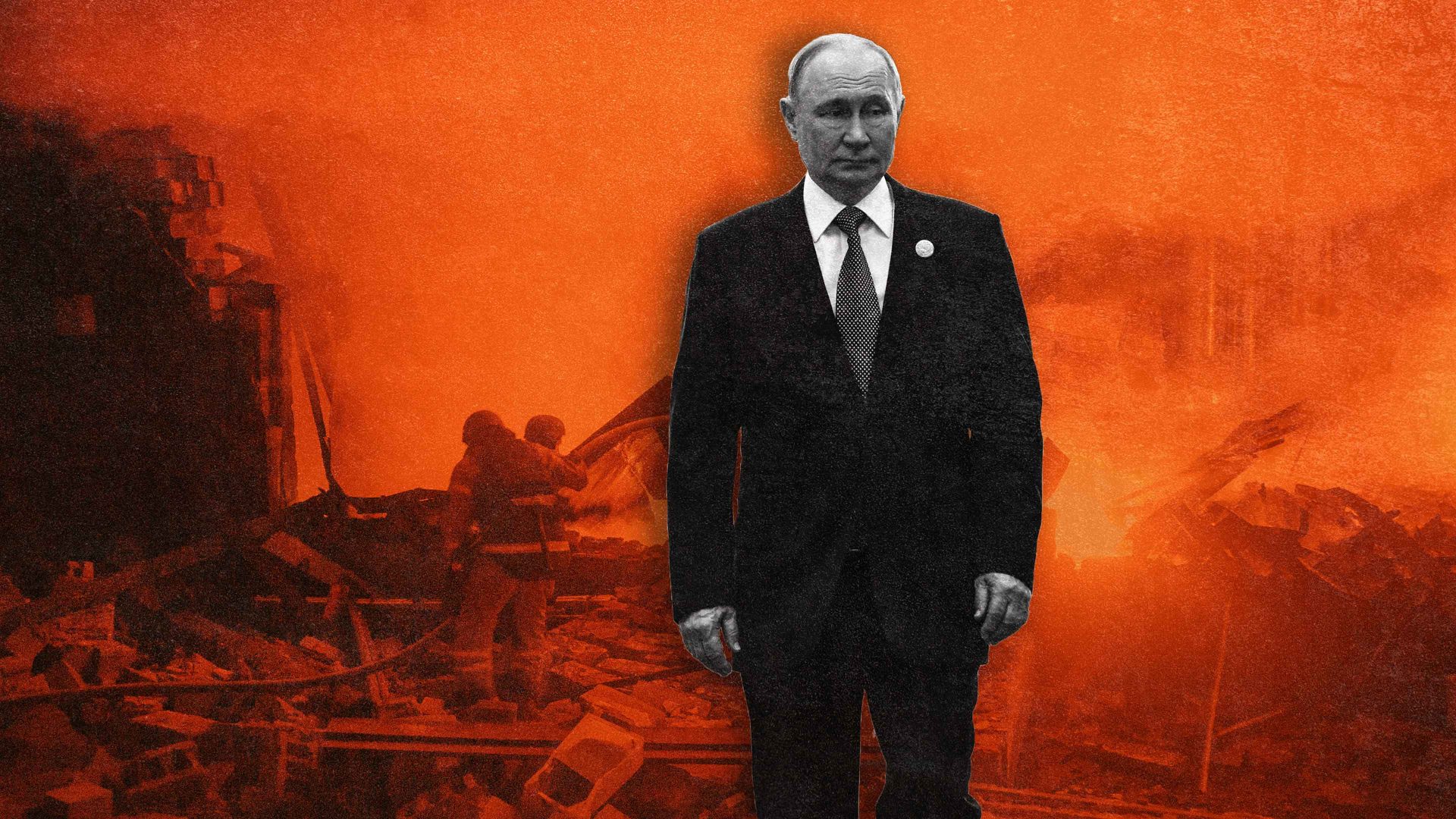1. On October 17, the disgraced but not yet fully humiliated Prince Andrew said he would cease to style himself as Duke of York (it would take parliament to officially strip him of the title because Britain is stupid). So often has this particular peerage been associated with calamity and scandal, that that most socially valuable subspecies of scholars, the “royal expert”, have sometimes suggested the title is cursed.
2. A less supernatural explanation may be that the title is often given to the monarch’s second son.
3. Something that is odd about this particular dukedom is the fact it has not been successfully passed on in nearly 600 years. The title has been created eight times; the related title of Duke of York & Albany – a merger with the near-equivalent used in Scotland, employed for the first century after the Act of Union 1707 – an extra three times. Yet in every case except the first, the holder has either died without a legitimate heir or become king themselves. In either case, the dukedom reverts to the crown.
4. The title was created first in 1385 for Edmund of Langley, fourth surviving son of Edward III, who unlike his successors successfully passed the title on. It went first to his son, Edward of Norwich; then to Edward’s nephew, Richard of York, who got it because his father, Edward’s brother, had been executed for plotting against Henry V. That didn’t stop Richard from plotting against Henry VI, launching the wars of the roses and dying, giving battle in vain, at Wakefield. He is remembered today every time anyone needs a mnemonic to remind them of the colours of the rainbow.
5. After that the title passed to Richard’s son Edward. He gave battle rather more successfully and became Edward IV, which meant the dukedom was in effect abolished. He recreated it to give it to his own son, another Richard – but unfortunately he would go on to die in the Tower of London at the age of nine, almost certainly on the orders of his own uncle, Richard III. (As well as ceaseless internecine warfare, the 15th-century crown was afflicted by a really quite severe shortage of names.) Anyway, you can probably see why the idea the title was cursed started to creep in.
6. Edward was far from the only Duke of York to become king. The others were Henry VIII (older brother died young), Charles I (ditto), James II (older brother had no legitimate heir), George V (yet another doomed brother), and George VI (abdication crisis). We can perhaps be thankful that it would take really quite terrible luck for Prince Andrew, at this point, to join that list.
7. Perhaps the most famous Duke of York – or rather, the one most famous for being the Duke of York – wasn’t any of those. After a slightly shaky start, Prince Frederick, second son of George III, had an illustrious military career and rose (entirely on his own merits I’m sure) to become commander-in-chief of the British army during the Napoleonic wars. In this role, he was credited with creating many of the structures that saw the military through the 19th century. Frederick is commemorated today by a grand column off Pall Mall, which you might never have noticed, and the song/nursery rhyme about the Grand Old Duke of York, which you almost certainly have.
8. The most commemorated Duke of York of all time, though, is probably the one who became James II. Not only is New York – both city and state – named in his honour – the state capital, Albany, was named for his Scottish title, too.
9. A “Duke of York” rarely remembered was James’s grandson Henry, younger brother of Bonnie Prince Charlie. He was “given” the title by his father, the Jacobite known as the Old Pretender while he was going round calling himself King James III & VIII. Henry later pretended to be Henry IX & I; but since his main job was as a senior official in the Roman Catholic Church in Italy, he was generally known as the Cardinal Duke of York.
10. Lastly, for over a decade from 2014, the owners of the Duke of York in Fitzrovia announced themselves to the world with a large pub sign showing the unmistakable face of the then Prince Andrew, now simply Andrew Mountbatten Windsor. At the start of this year, following a change in ownership, the sign was mysteriously removed. Funny, that.
Suggested Reading


Nerd’s Eye View: 11 things you need to know about the Royal Train
11
Total number of Dukes of York (plus 3 Dukes of York & Albany)
8
Number of times the title has had to be created (plus 3 times for Duke of York & Albany)
76
Longest span of years the title has existed in a stint (four holders, 1385-1461)
1460
Last year the title was successfully passed on to an heir
Some other things named after Dukes of York
New York state; New York City, Cape York Peninsula, Australia; Duke of York Bay, Canada; York, Upper Canada (the old name for Toronto, Ontario)




